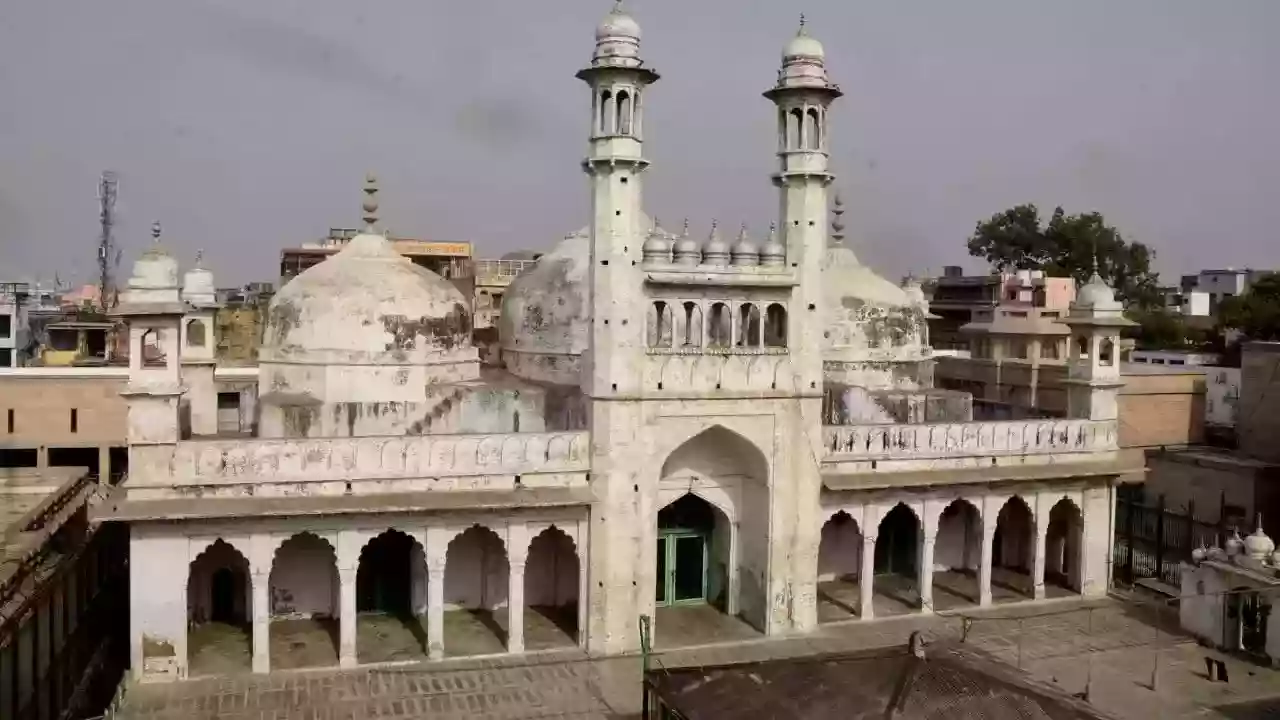.gif)
.gif)

In a significant development, the Allahabad High Court on Tuesday rejected the pleas filed by the Anjuman Intezamia Masjid Committee (AIMC) and the Uttar Pradesh Sunni Central Waqf Board (UPSCWB), managing Varanasi’s Gyanvapi Mosque. The dismissed pleas challenged a civil suit seeking the restoration of a temple at the site adjoining the Vishwanath Temple, fueling the long-standing dispute over the land.
The court's decision, delivered a day after the Archaeological Survey of India (ASI) submitted a sealed report on the scientific survey of the mosque in the Varanasi district court, marks a crucial juncture in the ongoing legal battle. Hindu groups contend that the land, where the mosque stands today, was built after the demolition of an ancient temple and should be returned to the Hindu community.
While Muslim groups cite the 1991 Places of Worship Act, arguing for the status quo at holy sites as of 1947, excluding the Ram Janmabhoomi-Babri Masjid site, Hindu groups have contested these claims. Justice Agarwal, delivering the judgment, deemed the suit filed in the Varanasi court maintainable and in accordance with the law. He directed that the suit be expedited, with a preference for a decision within six months, emphasizing a strict no to unnecessary adjournments.
Referring to the ASI's report, the court suggested that if necessary, the lower court could instruct the agency to conduct another survey. The verdict follows the high court's reservation of judgment on five petitions challenging the maintainability of the suit on December 8.
The Varanasi court, in parallel proceedings, is addressing petitions from Hindu groups and individuals seeking worshipping rights inside the mosque premises, citing the presence of Hindu idols and deities within the complex adjacent to the Kashi Vishwanath Temple. The ASI survey, the second of its kind, has been controversial, with conflicting claims over the discovery of a Shivling last year. The area remains sealed as per the Supreme Court’s directives.